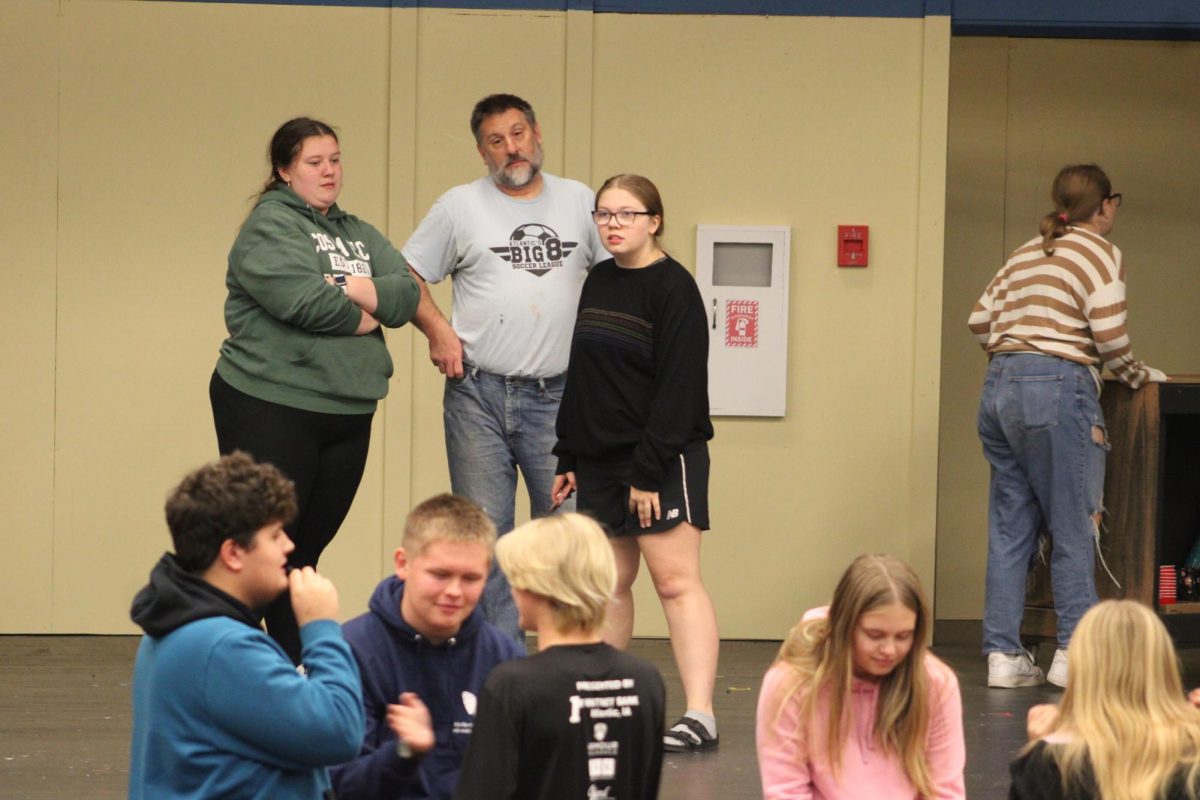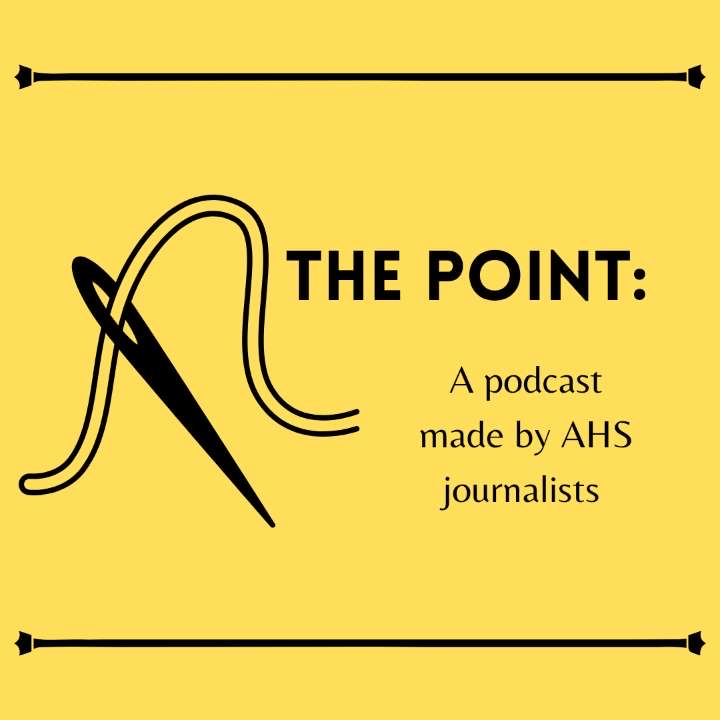The Sad Truth of Disappointed Parents
Along with disappointment comes future emotional effects.

Senior Erin Barrick poses with her parents on Senior Night. She is the youngest child in her family.
October 31, 2019
A common theme in teen movies is the teenagers always feel like they are a disappointment to their parents. While it may not be direct, there’s always that one moment of “my parents are going to kill me” that show the disappointments. How does this affect a student when their parents tell them they’re a disappointment? How does it affect the student’s adult life?
According to a poll taken on ahsneedle.com, of the 18 people who took the poll, 85% of the poll takers feel they have disappointed their parents, while a small 15% feel they have not. PsychologyToday says, “the greatest impact of parental disappointment and parental guilt often arises after adolescence and young adulthood begins.” They also said disappointment stems from a parent being too involved in their children’s lives. They may expect their child to become a lawyer, and put too much pressure on their child to become that lawyer and stress them out for no reason. All of the stress these families place on their children can lead to many physical and mental problems.
Freshmen Weston Hoover and Aiden Sanny both said they have disappointed their parents. Sanny said he would rather have his parents be disappointed in him than he would them be mad at him. Hoover said the opposite, stating his experience has affected him in a negative way.
Senior Erin Barrick also said she has disappointed her parents. She would rather have her parents be mad at her than to feel as if she let them down. Barrick said her parents are disappointed in her because, “I’m not my sister.” This has affected her because she feels it has created her anxiety, and made her become a perfectionist.
Sophomore Brycen Erickson has also said he has “definitely” disappointed his parents by doing “a lot of dumb things.” Erickson would also rather have his parents be mad at him than disappointed, and feels like his parents are always disappointed in him, but he also says it has made him a better person.
Four out of four students asked have all said they have disappointed their parents, and only one of these students said disappointing their parents have had a positive impact on their parents. This shows that having parents that are overly involved isn’t always a good thing.








